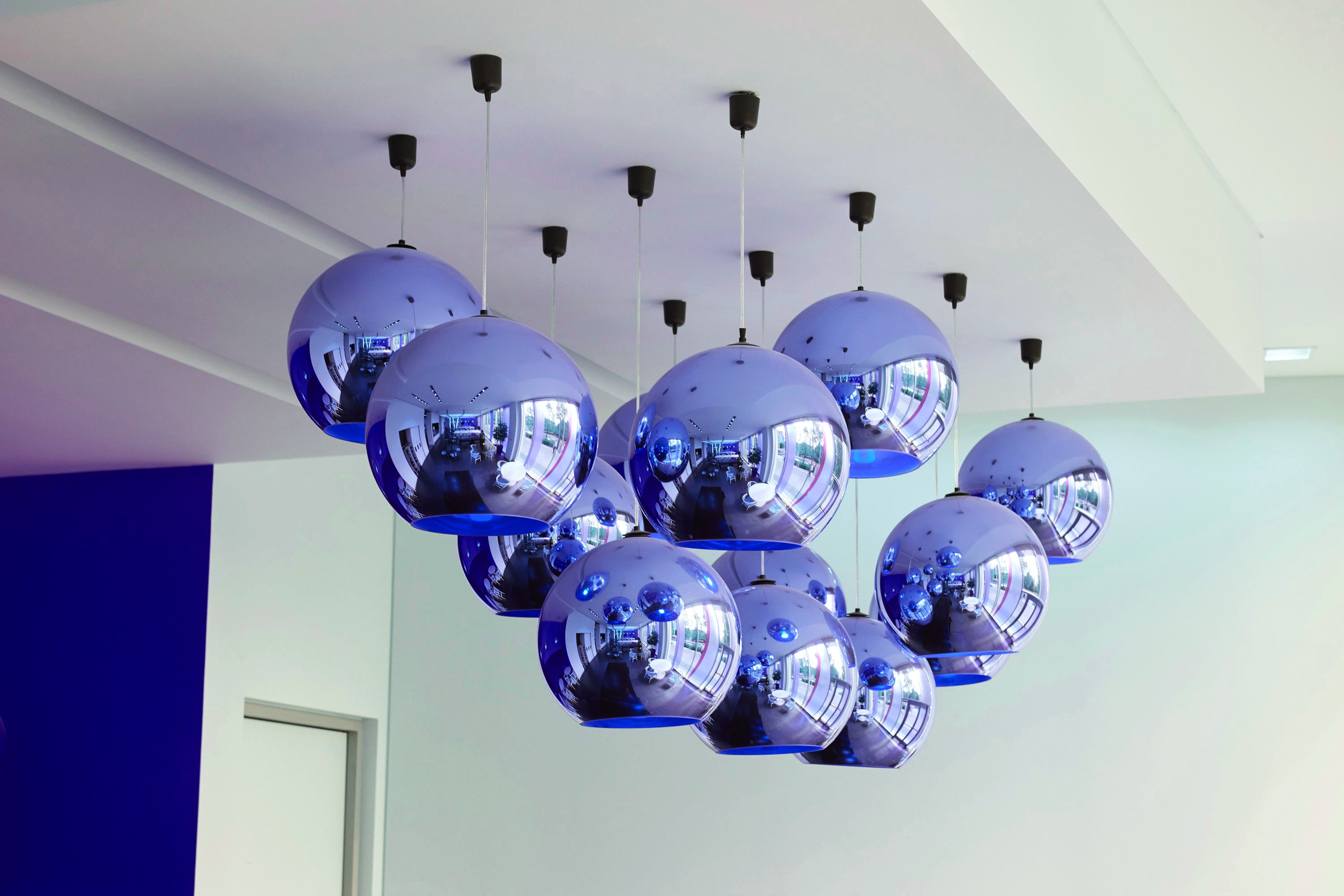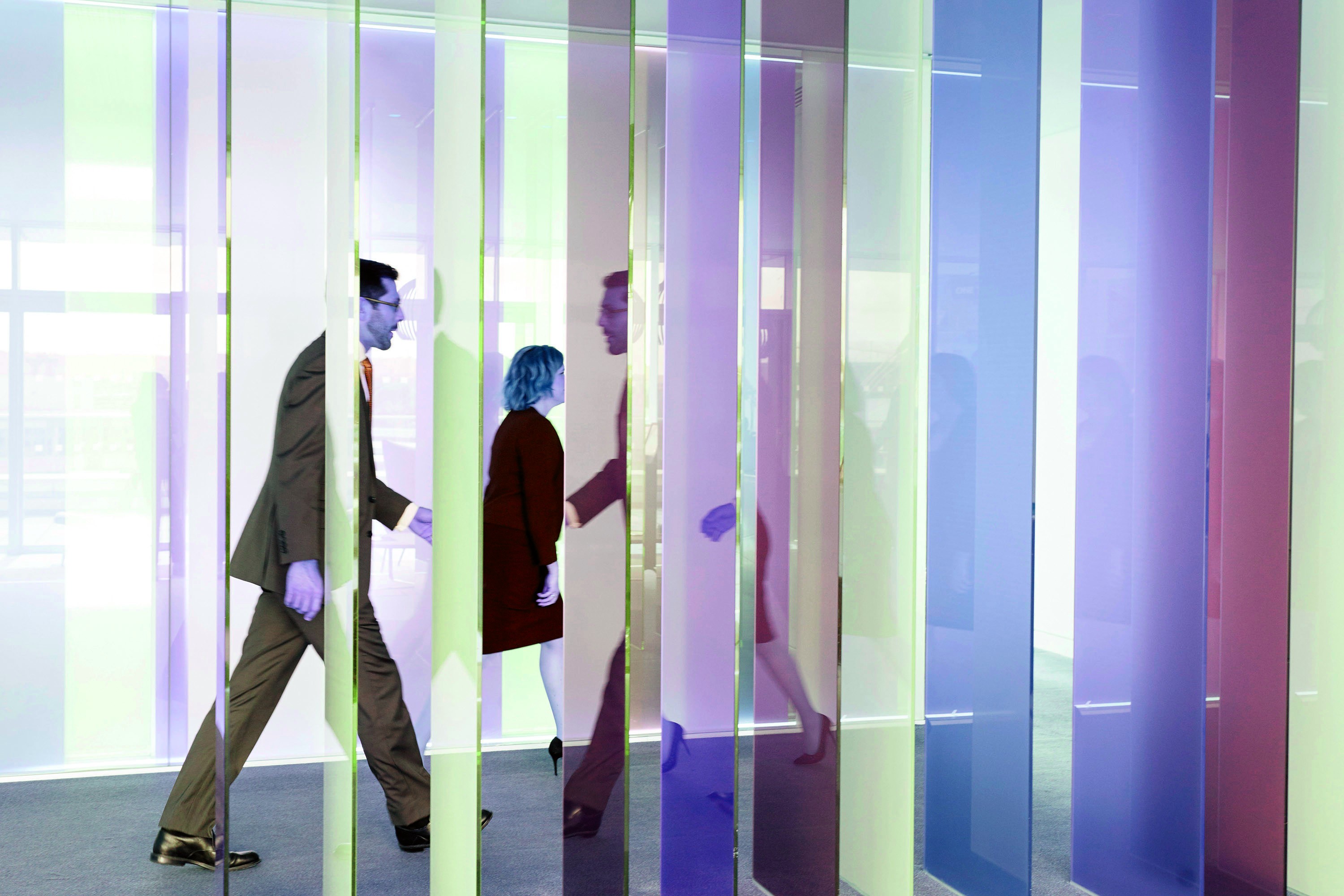
The atmosphere and culture at the firm is extremely open and straightforward – and the training you receive reflects that.
“We’re not training trainees at Burges Salmon, we are training lawyers of the future,” enthuses learning and development partner Victoria Goldsworthy. And this attitude is paying dividends as the independent Bristol-based firm scoops its 12th LCN Award, this time for Best Trainer – National/Large Regional Firm – a new record. Burges Salmon’s commitment begins from the moment it welcomes trainees and continues way beyond qualification. “We have what we call ‘The Deal’,” explains trainee partner Andrew Burnette. “This outlines what we provide for our people – and what we expect in return. A strong part of our offering is our commitment to their development throughout their career, starting with the training contract and going all the way through to partnership.”
On a practical level, this is fulfilled through individual training action plans, which are tailored to the needs and objectives of every lawyer. As a former trainee with Burges Salmon, Andrew considers himself living proof that this investment pays off. “Offering vigorous, personalised training programmes is a significant cost,” he points out. “But we’re reaping the benefit, as people join us and tend to stay a very long time.”
We have always had a collegiate atmosphere here because of our relatively small size
As well as formal training which exceeds the requirements of the SRA, Burges Salmon offers practical modules to give trainees a better understanding of what it means to be a practising lawyer. One such session is in time management. “By that, we are not telling the trainees how to do things and when, but rather helping them to discover how they can best manage their own work load,” elaborates Victoria. This so-called ‘soft-skills training’ also features a three-day programme towards the end of a trainee’s second year which helps them to transition into the NQ role and provides feedback on areas such as presentation style and how to best conduct themselves in meetings. For trainees such as second-year Molly Paatz who had never previously worked in an office, these additional sessions have proved invaluable. “There is only so much that your degree and legal practice course (LPC) can tell you about working in a commercial law firm,” she admits. “The fact that I didn’t feel out of my depth when I started at the firm was largely due to how comprehensive the induction training was”.
Crucially, education within the firm goes both ways. “As one year leaves we consider what we can learn from their experiences and compound on or adjust for the incumbents,” explains Victoria. “This year we spoke to our qualifiers six months after qualification to find out what more we could have done to prepare them and make their life as an NQ easier. Based on this feedback we are initiating training on effective communication with different types of people. We were also told that more clarity on the different seats would be beneficial, so we have produced a booklet to help trainees make a more informed choice.”
According to Andrew, the secret of Burges Salmon’s success is that it listens to its people and acts on the feedback it receives. “We have always had a collegiate atmosphere here because of our relatively small size: there’s no them and us here, we’re all in it together.” That the entire firm is compact enough to operate from one building is also significant. “Having a single site can be underplayed but it leads to far more opportunities for our trainees to knock on the door of anyone in this firm,” says Victoria. “No one is ever going to shoot them down for that. It can be harder to develop positive relationships when you are new if it’s over a phone or by email.”

This collegiate atmosphere was what first brought Burges Salmon to Molly’s attention during her time studying at Cardiff University. “A friend first mentioned it to me as a firm that was sporty and a fun place to work,” she recalls. “I was looking for a law firm based in the South West that offered high level commercial work in a great location Burges Salmon was an obvious candidate.”
In order to see firsthand whether the firm lived up to these expectations, Molly undertook a two-week vacation scheme in the summer between her second and third year of university. She was impressed by both the level of involvement she was given as a vac schemer – including sitting in on client meetings – and by the social events designed to make students feel part of the Burges Salmon team.
This involvement in firm life is something that is greatly encouraged from the outset, explains Victoria. “As a firm we support local schools and the community, and we also have committees such as sustainability and charities, and we like trainees to be part of these. But, more than that, trainees take an active role in organising events throughout the year, such as our Strictly Legal dance competition that raises money for charity – it’s good fun and they learn a lot of valuable skills.”
They have the opportunity to enjoy a richer professional experience and achieve things that they wouldn’t have otherwise necessarily thought possible
The vacation scheme – which Molly would highly recommend – culminated in an interview for a training contract, something that the firm made as stress-free as possible. “It was intense but it didn’t feel tricky or scary,” she remembers. “The partner and member of the people team who interviewed me were interested in what I’d done during the fortnight I’d been there, why I wanted to work in law, and specifically at Burges Salmon. There were also more probing questions to push you to your limits and show what you were capable of, but I never felt like they were designed to trip me up.”
This supportive environment is key to the firm’s success as a trainer and, explains Victoria, is underway before they start. “Once they’ve accepted our offer, a trainee is invited to our summer party, to practice area talks, and to meet their peer groups,” she explains. “We encourage those who haven’t already completed their LPC to do it together in Bristol so they get to meet each other and begin building their peer network before they even set foot in the firm.” These efforts meant a lot to Molly. “Little things like receiving Christmas and birthday cards, and being sent a bottle of champagne for my exam results made me feel like they were thinking about me and I was already a part of the team.”
Once the trainees arrive at the firm they can expect plentiful support from all echelons. “Our trainees have a dedicated supervisor with whom they share an office as we feel that they learn a lot from osmosis,” explains Victoria. Supervisors can range in superiority from an experienced associate to a partner and are chosen specifically for their ability and, crucially, because they have the time to supervise. “The trainees require plenty of time and supervision and they deserve the explanation of how their work fits into the wider case,” confirms Andrew.

As well as a supervisor, trainees have a dedicated contact in the people team who sees them through their two years and offers pastoral advice. In addition, each department has a dedicated partner responsible for training. As well as day-to-day advice and support, mid and end-of-seat appraisals provide trainees with the opportunity to speak to their supervisors and people team contact about their progress. “I’ve never felt like support is lacking for either my professional development or pastoral needs,” enthuses Molly. “If ever I have needed help, I have known that there are a number of people I can turn to for it.”
Just as the support and guidance that trainees receive is as likely to come from a partner as it is an associate, so too is the work they receive. “Partner contact varies from one seat to the next depending largely on the size of the team, but there will be certainly be times when you will be working directly for a partner,” explains Molly. “They certainly don’t operate as some sort of scary other – they muck in with the team and make themselves approachable.”
Ensuring that the trainees are provided with high-quality work is a firm-wide commitment. “We seek out stretching situations for them and give them access to high level work and complex matters,” Victoria maintains. However, great care is taken that this stretching stops short of breaking point. “Responsibility is a funny thing,” muses Molly. “Having lots of it is only a good thing if you are ready for it or adequately supported. I would say that I have had appropriate amounts of responsibility which has increased over the course of my training contract as I have improved in competence.”
As Molly and her fellow second years get ready to qualify, their minds will no doubt be filled with the new challenges they will now encounter In Victoria’s opinion, the greatest hurdle which incumbent lawyers face is understanding and meeting client expectations. “They’re higher than they’ve ever been and they trickle all the way down to trainee level – you need to think commercially about the value you bring to your clients and how you conduct yourself way before the point of qualification.”
Andrew agrees that the demands placed on newly qualified lawyers today are weighty. “It’s a very different profession to when I qualified in 2001; it’s much more fast paced. I think a lot of trainees get into the law without quite understanding what is expected of them – and the expectation isn’t coming from the firm, but from clients.”
In order to help trainees understand the needs and requirements of its clients, Burges Salmon offers regular secondments with a firm in the energy sector. Molly was fortunate enough to be offered such a placement at the start of her second year and found the hands-on experience invaluable. “I was able to get a much greater understanding of how big businesses like that are run on the ground, and what constraints and pressures our clients face,” she enthuses. “I also had the opportunity to progress my own soft skills – I had to be very professional and competent in representing the firm. I’d really recommend it to any trainee.”
Andrew believes that it is these opportunities for professional and personal development which set the firm apart from its peers. “We have a genuine commitment to training at Burges Salmon, and it has tangible results,” he argues. “We can see the difference in the quality and sense of fulfillment it is giving our staff. They have the opportunity to enjoy a richer professional experience and achieve things that they wouldn’t have otherwise necessarily thought possible.” Molly agrees that this sense of fulfillment makes Burges Salmon stand out. “Lots of my friends have also had positive experiences with their training contracts,” she confirms. “But I think mine has been differentiated by how much the firm values me as a person and puts into its individuals and how important we all are collectively to the success of the firm. I’ve never felt like one trainee among many.

Best Trainer – National/Large Regional Firm
The atmosphere and culture at the firm is extremely open and straightforward - and the training you receive reflects that.

